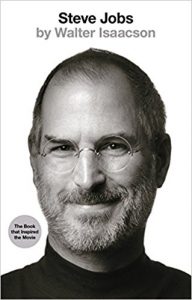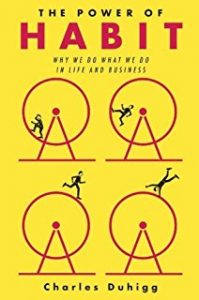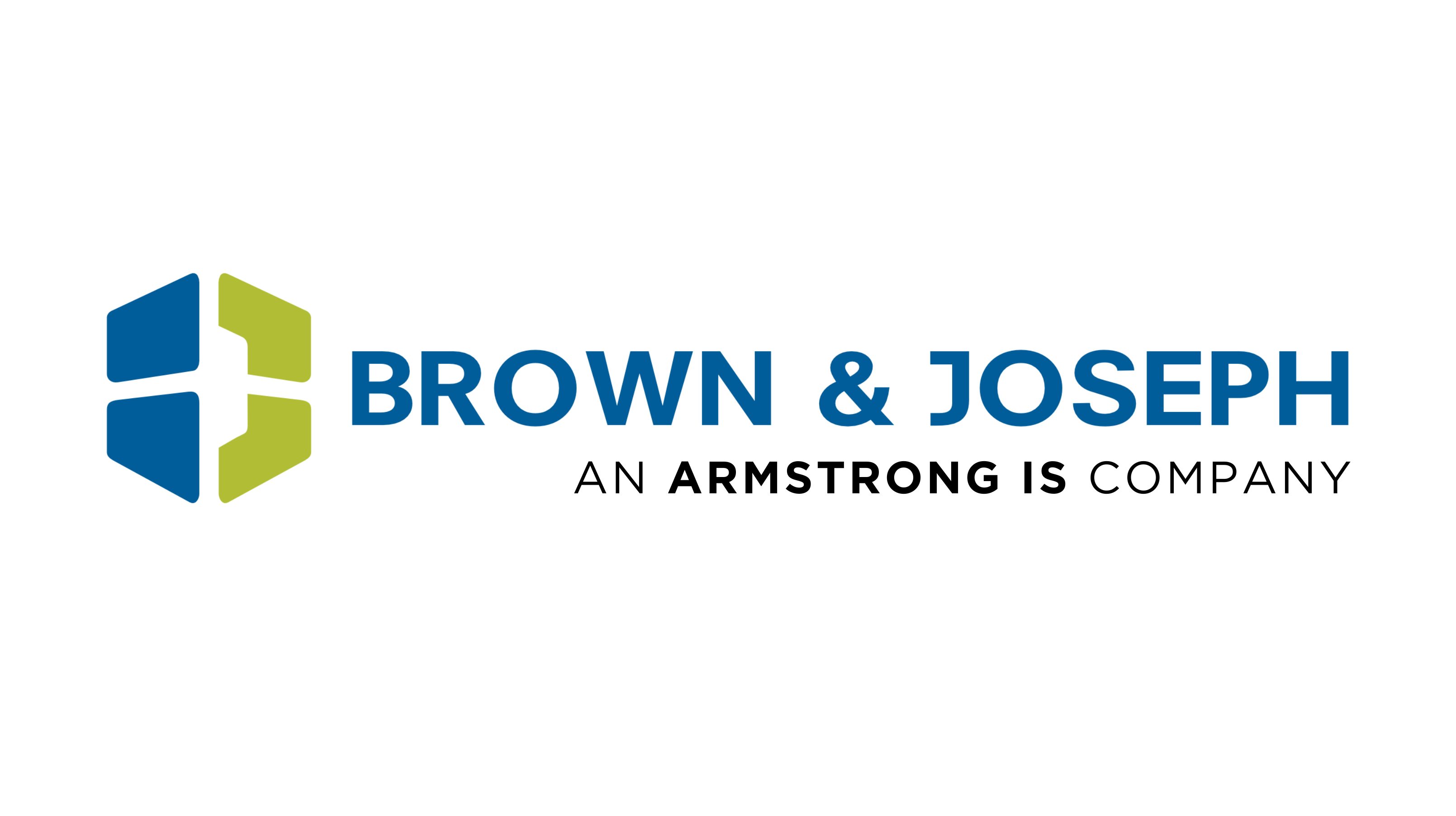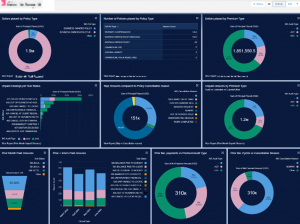Here are 15 professional development books that every professional (in any industry) needs to read this year.
15. The Innovator’s Dilemma by Clayton M. Christensen
Harvard professor Clayton M. Christensen analyzes how great companies can lose their market leadership and gives advice to other companies on how to avoid disaster and stay in the game.
14. Essentialism: The Disciplined Pursuit of Less by Greg McKeown
Greg McKeown describes the systematic discipline of essentialism or the practice of only getting the right things done.
McKeown discusses how to decide what is essential and what is not, and how to eliminate everything else.
13. How Will You Measure Your Life? by Clayton M. Christensen

Harvard professor Clayton M. Christensen offers a series of guidelines on how to find meaning and happiness in life.
He shares his own experiences with battling cancer and how he managed to overcome the disease and find contentment in his own life.
12. Never Eat Alone: And Other Secrets to Success, One Relationship at a Time by Keith Ferrazzi
Keith Ferrazzi describes a step-by-step process to connect to and build meaningful relationships with individuals and build a network.
His key approach is generosity and the idea of helping friends connect with other friends.
11. Quiet: The Power of Introverts in a World That Can’t Stop Talking by Susan Cain
Susan Cain uses her research and experiences to argue why introverts are undervalued and how detrimental it is to overlook the importance of quiet.
She also draws on groundbreaking psychological research to explain the differences between introverts and extroverts.
10. Predictable Success: Getting Your Organization on the Growth Track–And Keeping It There by Les McKeown
An experienced entrepreneur and consultant, Les McKeown uses case studies, action points and insights to shed light on the path to success, combining market positioning and management analysis.
9. Steve Jobs by Walter Isaacson

The only authorized official biography of Apple founder Steve Jobs, Isaacson highlights Jobs’ career growth, experience and the making of Apple and its products.
8. The 7 Habits of Highly Effective People: Powerful Lessons in Personal Change by Stephen R. Covey
Stephen Covey details his approach to effectively reaching goals by practicing seven key principles of a character ethic.
He calls them the “true north” principles and conveys his ideas in a series of habits and a progression from dependence to interdependence.
7. Mindset: The New Psychology of Success by Carol Dweck
Stanford psychologist Carol S. Dweck, Ph.D., discusses the power of mindset and how almost every activity can be dramatically affected by our mindset.
Dweck uses the terms “fixed mindset” and a “growth mindset” to describe her theory and how we can improve our mindset and change our lives.
6. Getting Things Done: The Art of Stress-Free Productivity by David Allen
Veteran coach and management consultant David Allen introduces several methods for stress-free performance.
Allen believes that our productivity is directly proportional to our ability to relax. He highlights various ways to relax and increase productivity.
5. Good to Great: Why Some Companies Make the Leap… and Others Don’t by James C. Collins
Collins and his research team examine how companies can triumph over time and sustain long-term growth, and others can’t.
He also explains how “good companies, mediocre companies, even bad companies” can achieve success.
4. Lean In: Women, Work, and the Will to Lead by Sheryl Sandberg
Cheryl Sandberg, COO of Facebook and one of Fortune‘s Most Powerful Women in Business, discusses her own experiences from working in some of the world’s most successful businesses and the small changes women can make to achieve their own success.
3. The New Rules of Work: The Modern Playbook for Navigating Your Career Job, and Waking Up Excited for Work Every Day by Alexandra Cavoulacos and Kathryn Minshew
Alexandra Cavoulacos and Kathryn Minshew, co-founders of The Muse, offer a definitive guide to the ever-changing modern workplace.
Through quick tips and exercises, the authors show how you can communicate your value and stand out from the rest.
2. So Good They Can’t Ignore You: Why Skills Trump Passion in the Quest for Work You Love by Cal Newport
Cal Newport, a professor at Georgetown University, states why “follow your passion” is bad advice and shares the necessary strategies for developing a
compelling career.
In short, he believes that what you do for a living is much less important than how you do it.
1. The Power of Habit: Why We Do What We Do in Life and Business by Charles Duhigg

Award-winning New York Times business reporter Charles Duhigg explains the scientific discoveries that explain why habits exist and how they can be changed.
Duhigg argues that by understanding habits, we can transform our businesses, communities and lives.





